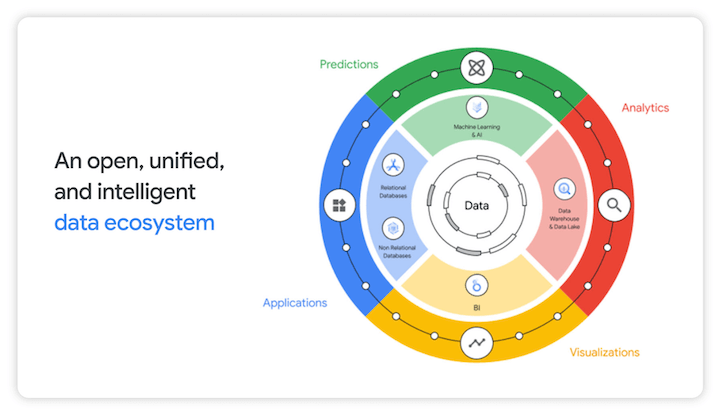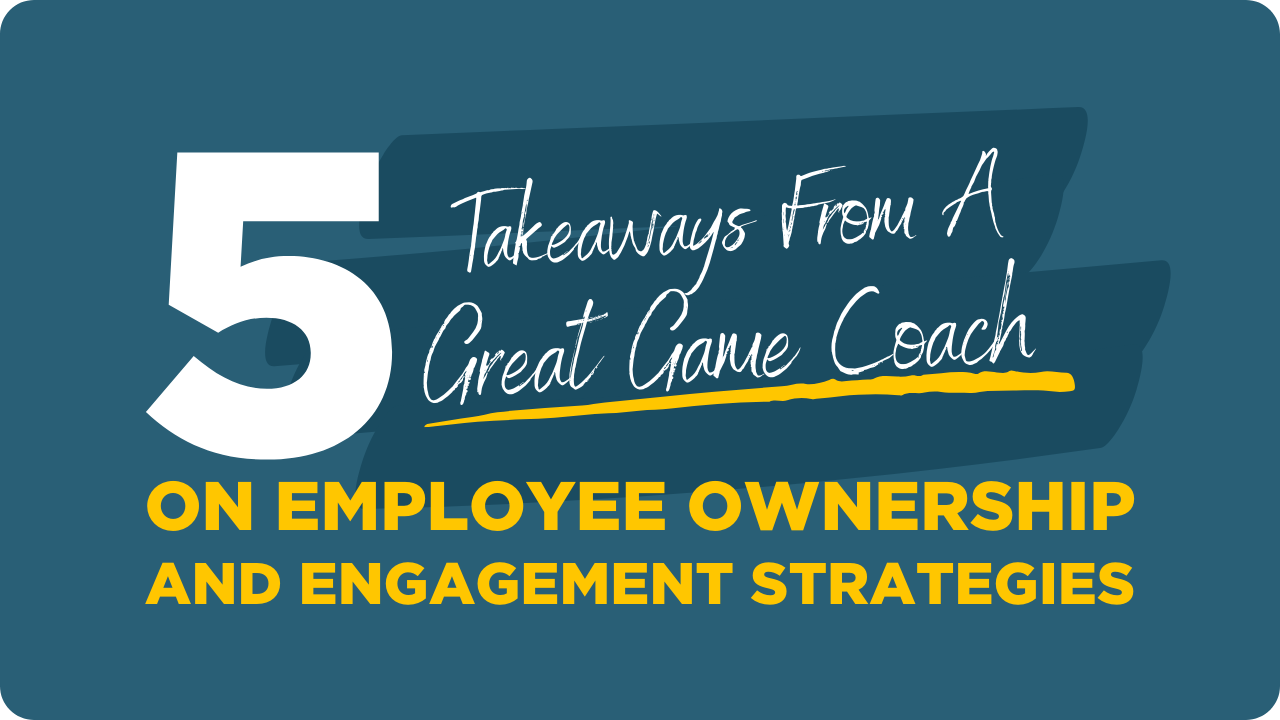The MBA gets emotional | Financial Times
When Martina Valkovicova turned an assistant dean at Sauder Faculty of Organization at the College of British Columbia in Canada five several years ago, she considered its occupations provider required to broaden its mandate radically to replicate the switching requires of recruiters.
“We simply cannot just be a centre that posts employment and checks résumés,” she claims. “When you appear at the techniques that are important to businesses, it’s about team-setting up, impact and negotiations, which are all connected to psychological intelligence and social techniques. We have transformed into a private and experienced progress centre.”
Her vision mirrors rising demand from customers in organisations for administrators who can lead with empathy to encourage workforce, market wellbeing and, in the course of action, boost productiveness. This sort of fears have occur into contemporary target with phone calls for greater diversity in the workforce and the stresses of remote working for the duration of the Covid-19 pandemic.
“Coronavirus has built at any time much more appropriate the point that ‘command and control’ is not a style of management that will get productiveness up or decreases illness,” claims Sir Cary Cooper, professor of organisational psychology and health and fitness at Alliance Manchester Organization Faculty in the United kingdom. “If you are not socially delicate, you will not recognise when an individual is not coping you will not be ready to encourage, to make teams, to have creativeness.”
Mental health and fitness expenditures businesses extensive sums in assistance and place of work absences. A still greater selection of workforce are demotivated by inadequate management procedures, which includes bullying, and a absence of autonomy, have faith in and drive in the absence of values or a feeling of reason at operate. That in turn increases presenteeism and impairs performance.
Still many scientists and practitioners say business schools have a poorly designed tactic to fostering much more enlightened management techniques, despite their role in schooling the upcoming era of leaders. That threats undermining students’ charm to long term recruiters as nicely as perpetuating poorer performance and preventable unwell health and fitness at operate.
“What has extensive struck me about business schools is that traditionally they have centered on the ‘harder science’ of business and not ample on the behavioural and human aspect,” claims Peter Cheese, main executive of the UK’s Chartered Institute of Personnel Development. “We want them to produce nicely-rounded business administrators and long term leaders with a superior appreciation of all sides of business, and the progress of their possess private behavioural techniques.”
Martyn Newman, chairman of RocheMartin, a consultancy specialising in psychological intelligence, agrees the onus is on the establishments. “Business schools are underneath extraordinary tension to assure graduates occur out not only with intellectual and business acumen but are eminently employable,” he claims. “Employers want to build an productive lifestyle to deal with diversity and inclusion. Empathy is critical. You want to have these psychological techniques to supply.”
Newman’s organisation, which advises business schools, which includes Sauder, has designed an “emotional capital” report to evaluate individuals’ personalities and attitudes. Newman claims attributes these as empathy can be taught — anything Sauder offers for undergraduates and MBA learners through screening, programs and coaching.
The terminology may perhaps differ, but the plan of nurturing social and psychological techniques is getting momentum in business education. Monash College in Melbourne, Australia, for illustration, has signed a offer with US wellbeing consultancy Thrive World-wide to assistance pupil and executive education that aims to reduce anxiety, nervousness and burnout and strengthen wellbeing in the place of work.
“Young administrators are much more ready to offer with complicated predicaments and get care of their possess and their team’s health and fitness when they build management capabilities these as empathy, psychological intelligence, possibilities for coaching and connection to societal mores in parallel with regular business techniques,” claims Professor Patrick Butler, director of Monash’s worldwide executive MBA.
At the College of Chicago Booth Faculty of Organization in the US, professor of behavioural science Nick Epley teaches a program named “Designing a Fantastic Life”, aimed at creating moral, sustainable organisations. “Our aim in both our investigate and our training is to enable people today understand each individual other far better, and for this reason be far better at top and handling many others,” he claims.
Mary Gentile teaches moral, empathetic management through her “Giving Voice to Values” curriculum as professor of exercise at the College of Virginia’s Darden Faculty of Organization in the US. “One of the main sources of melancholy, frustration and anxiety in the place of work is when our possess values are out of alignment with what we imagine is expected of us,” she claims.
Prof Cooper at Manchester claims: “what is actually important is to make understanding experiential somewhat than cognitive”. Rather than classroom lectures, learners want to get aspect in team tasks, with feed-back from properly trained observers “telling them how they behave and the impact they have on them”.
“To control people today nicely, a person wants empathy and psychological intelligence to get each individual particular person and situation as ideal,” claims Kai Peters, professional-vice-chancellor of the college of business and law at the UK’s Coventry College and previous main executive of Ashridge Organization Faculty. “To carry out this, training tends to occur from people today with psychology backgrounds.” But he concedes that younger learners “are still striving to attain some degree of competence with the really hard techniques. The plan of handling people today actually is ‘future music’ if you are striving to find your 1st task. It does not seem to be real.”
Nic Beech, vice-chancellor at Middlesex College in London, is keen to combine these difficulties into his programs, but concedes the course of action is also not straightforward for college. “While ethically a lot of people today in business schools consider in it, pragmatically most are constrained by the tension of operate and a pretty extensive listing of other subject areas to be dealt with, so this actually sophisticated spot can conclude up as an elective.”
For Prof Beech and many others in the area, business schools will want to do as substantially as their learners to overhaul their curricula and meet the workplace’s switching requires.







